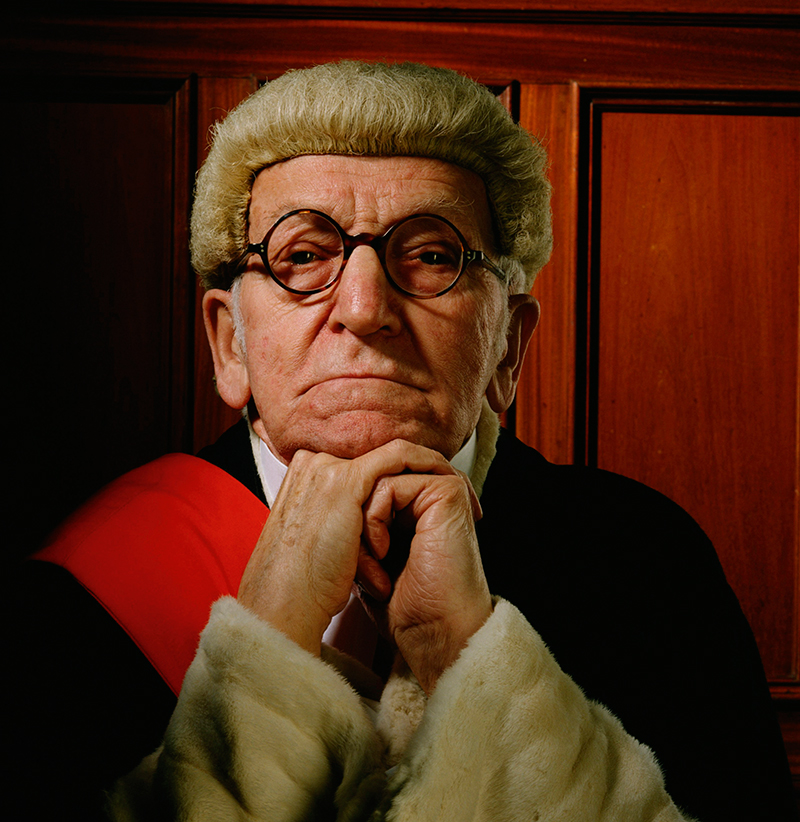
Alec Samuels navigates a potential solution for judicial mishaps
The judge makes an error in his judgment. Hopefully the error will be spotted, brought to his attention, and rectified. If the error is not discovered until after the order is entered then the only remedy is for a party to seek permission to appeal; although before deciding whether or not to grant permission the Court of Appeal may seek amplification from the judge, as the error may be merely typographical or otherwise minor and of no consequence.
In a straightforward case the judge may at the end of the evidence and the submissions deliver a final judgment, with reasons, and there is an end for it. Or he may find for the claimant or defendant, but give his reasons later. Or he may reserve judgment. If the case is simple, of if there is an element of urgency involved, he may simply hand down the written judgment, and there is an end of it. However, prudence indicates that wherever possible a confidential draft should be handed down to the parties, so that they may











